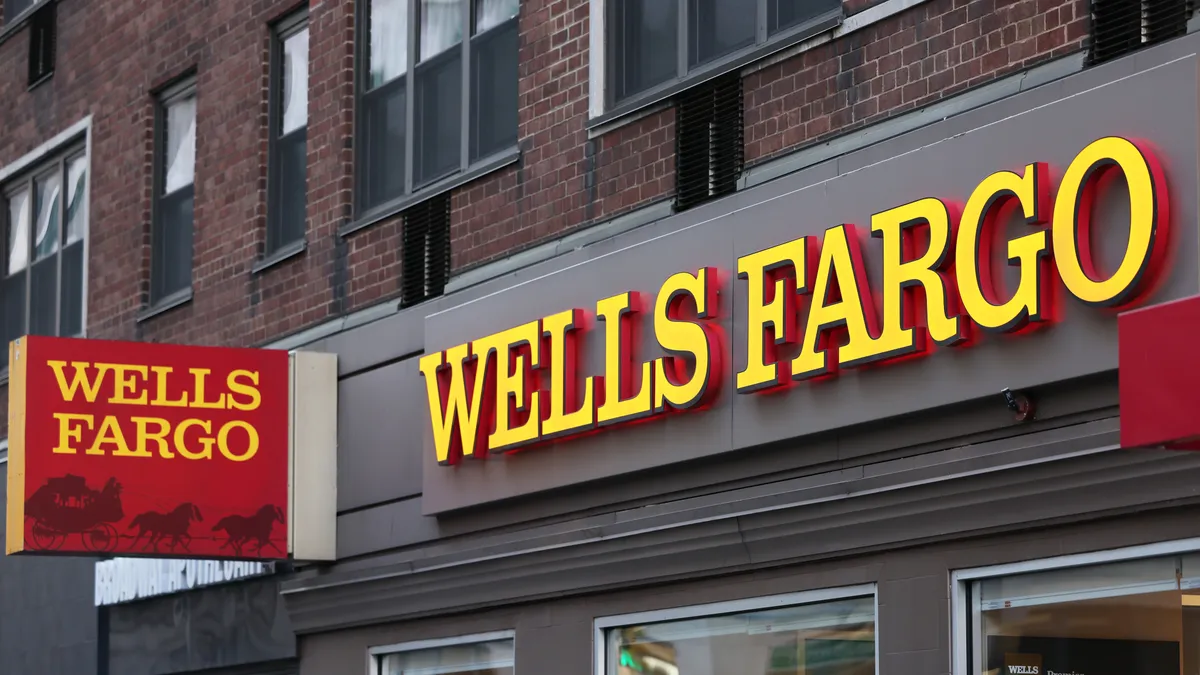Carrie Tolstedt, who served as Wells Fargo’s retail-banking chief at the time of its 2016 fake-accounts scandal, will avoid prison, a federal judge ruled Friday.
U.S. District Judge Josephine Staton sentenced Tolstedt on Friday to six months of home confinement and three years of probation. She will also pay a $100,000 fine and perform 120 hours of community service.
Prosecutors, who sought a 12-month prison term for Tolstedt followed by a year of probation, said a prison sentence would act as a “general deterrence to other executives who might find themselves tempted to skirt the truth,” according to a legal filing seen by The New York Times.
Staton, however, noted that Tolstedt was the only Wells executive to be criminally charged in the scandal, which saw bankers open accounts for customers without their knowledge and aggressively sell products they didn’t need or want, in an effort to meet unrealistic sales goals.
"What would be unacceptable would be to have one defendant bear the weight of this entire scandal," Staton said, according to American Banker.
“General deterrence is better served, in the court’s view, by holding more people accountable,” the judge added, according to The Wall Street Journal.
At the hearing, Tolstedt addressed the judge, offering an apology.
"I sincerely apologize, and I know that as the leader of the community bank, accountability rested on my shoulders," Tolstedt said, according to American Banker. "It's my commitment to live an honorable life."
Tolstedt pleaded guilty to one count of obstructing a bank examination. The charge stemmed from a 2015 memo to the Office of the Comptroller of the Currency that Tolstedt helped prepare. The memo failed to disclose the number of Wells Fargo employees that either had been fired or resigned amid investigations over sales misconduct.
But also, the Justice Department asserted, Wells Fargo’s investigation encompassed just the most egregious 0.01% to 0.05% of employees engaging in activity flagged as potential sales misconduct.
"In a vacuum, submitting a misleading memo to regulators may not appear to be the most egregious offense,” prosecutors wrote Sept. 1, according to Bloomberg. “But taken in context, it is a serious offense, one intended to cover up the scope of one of the most significant banking scandals of the century.”
The OCC fined Tolstedt $17 million in March and banned her from working in the banking industry. Tolstedt agreed in May to pay the Securities and Exchange Commission nearly $5 million to settle allegations she misled investors with regard to a “cross-sell metric” Wells used as a measure of success.
Wells Fargo has clawed back roughly $65 million in stock options and restricted shares that it paid out to Tolstedt since dismissing her in 2016.
The bank has been under a Federal Reserve-imposed $1.95 trillion asset cap, largely as a result of the fake-accounts scandal, since February 2018.















